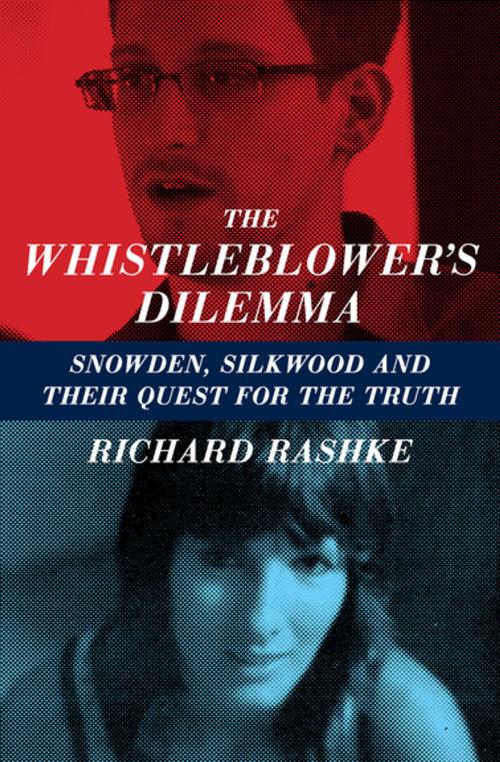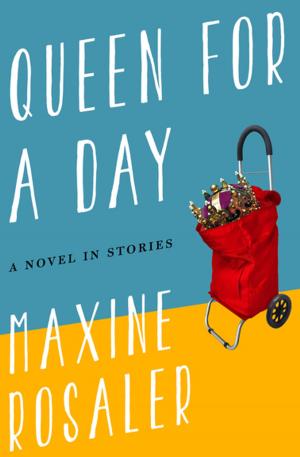The Whistleblower's Dilemma
Snowden, Silkwood and Their Quest for the Truth
Nonfiction, Social & Cultural Studies, Political Science, International, International Security, Biography & Memoir, Political| Author: | Richard Rashke | ISBN: | 9781504025317 |
| Publisher: | Delphinium Books | Publication: | December 8, 2015 |
| Imprint: | Delphinium Books | Language: | English |
| Author: | Richard Rashke |
| ISBN: | 9781504025317 |
| Publisher: | Delphinium Books |
| Publication: | December 8, 2015 |
| Imprint: | Delphinium Books |
| Language: | English |
A look at Edward Snowden, Karen Silkwood, and government and corporate whistleblowing, by an author praised for his “first-rate reporting” (Kirkus Reviews).
In June of 2013, Edward Snowden, a twenty-nine-year-old former CIA employee, leaked thousands of top secret National Security Agency (NSA) documents to journalist Glen Greenwald. Branded as a whistleblower, Snowden reignited a debate about private citizens who reveal government secrets that should be exposed but may endanger the lives of others. Like the late Karen Silkwood, whose death in a car accident while bringing incriminating evidence against her employer to a meeting with a New York Times reporter is still a mystery, Snowden was intent upon revealing the controversial practices of his employer, a government contractor. Rightly or wrongly, Snowden and Silkwood believed that their revelations would save lives. In his riveting, thought-provoking book, Richard Rashke weaves between the lives of these two controversial figures and creates a narrative context for a discussion of what constitutes a citizen’s duty to reveal or not to reveal.
A look at Edward Snowden, Karen Silkwood, and government and corporate whistleblowing, by an author praised for his “first-rate reporting” (Kirkus Reviews).
In June of 2013, Edward Snowden, a twenty-nine-year-old former CIA employee, leaked thousands of top secret National Security Agency (NSA) documents to journalist Glen Greenwald. Branded as a whistleblower, Snowden reignited a debate about private citizens who reveal government secrets that should be exposed but may endanger the lives of others. Like the late Karen Silkwood, whose death in a car accident while bringing incriminating evidence against her employer to a meeting with a New York Times reporter is still a mystery, Snowden was intent upon revealing the controversial practices of his employer, a government contractor. Rightly or wrongly, Snowden and Silkwood believed that their revelations would save lives. In his riveting, thought-provoking book, Richard Rashke weaves between the lives of these two controversial figures and creates a narrative context for a discussion of what constitutes a citizen’s duty to reveal or not to reveal.















